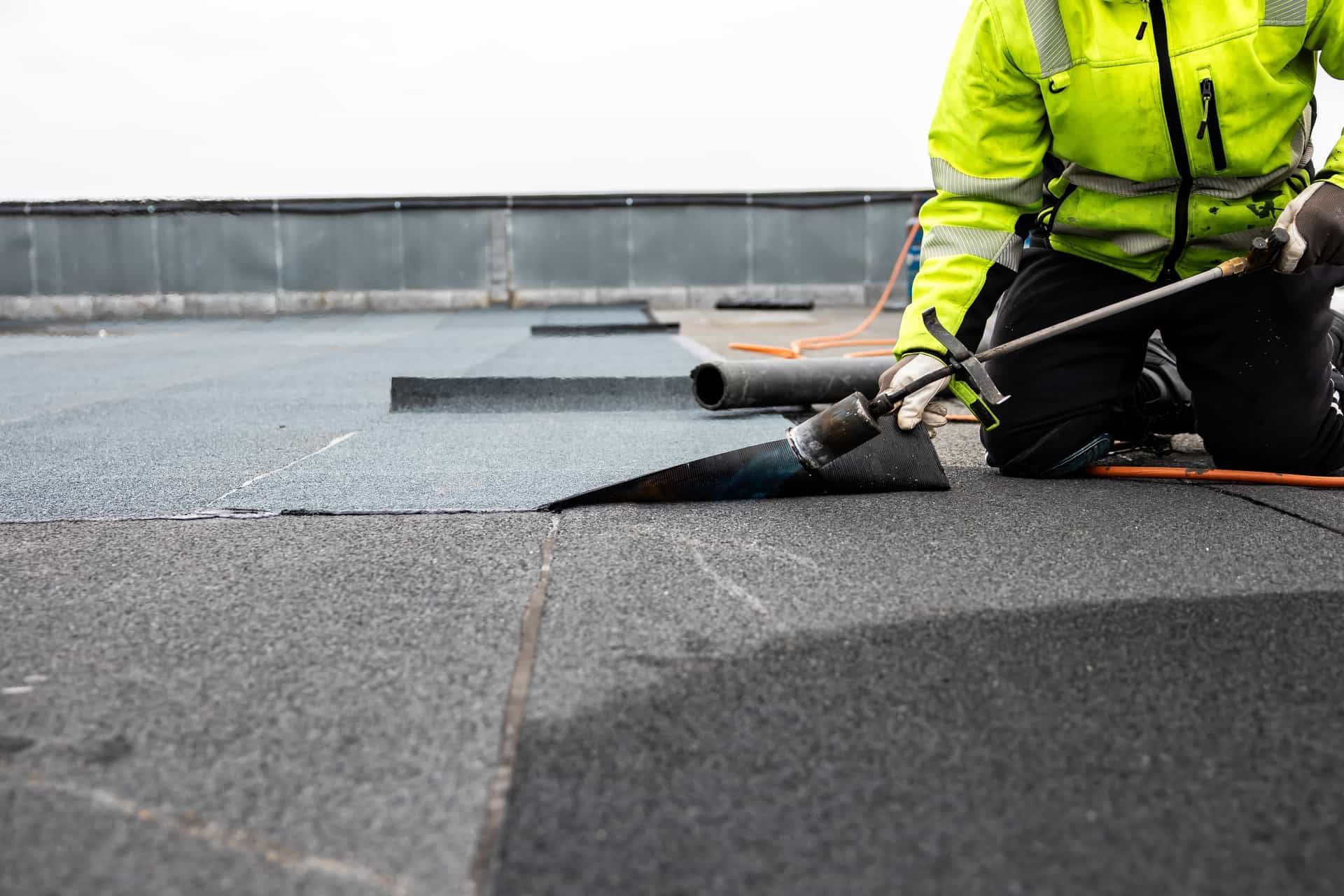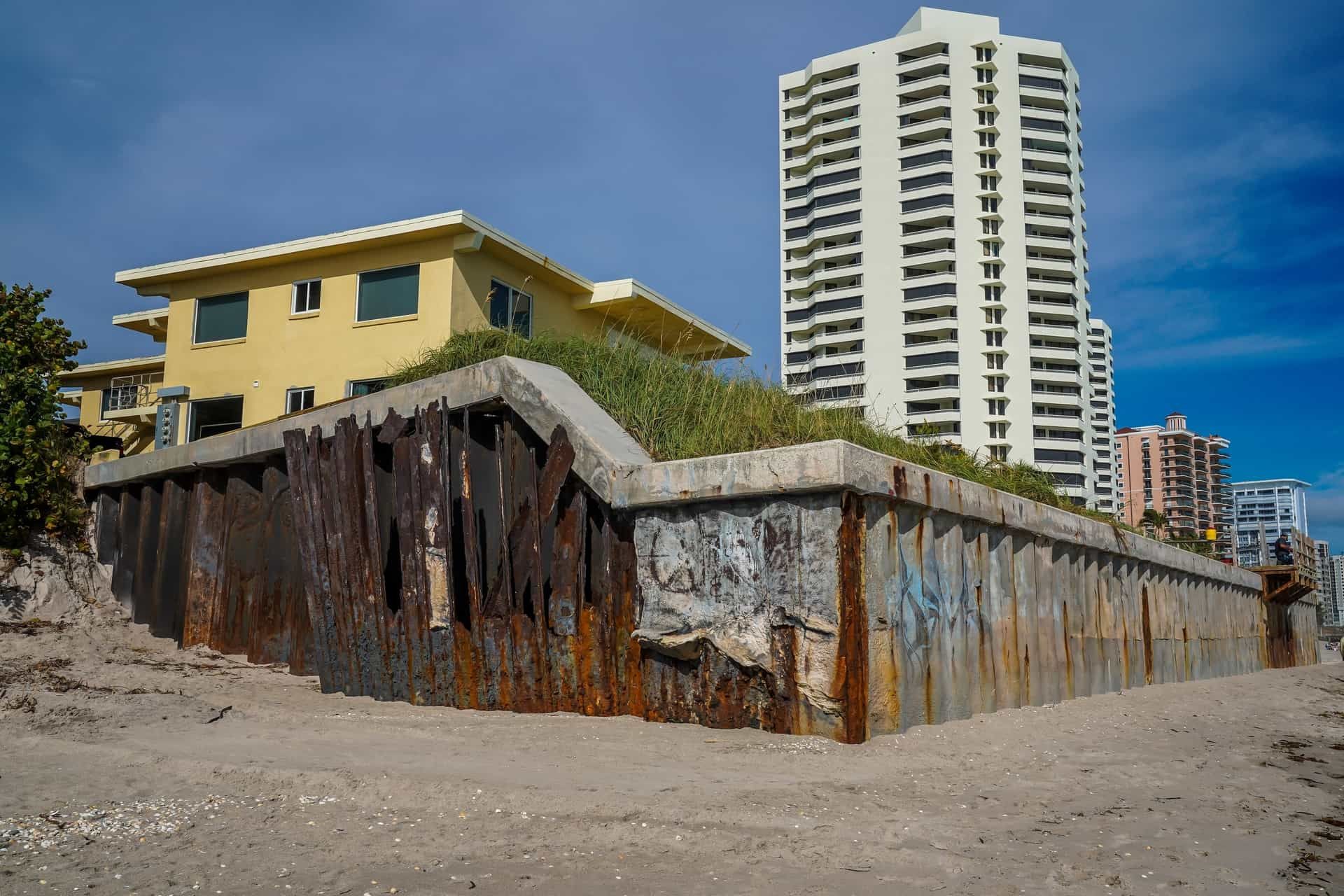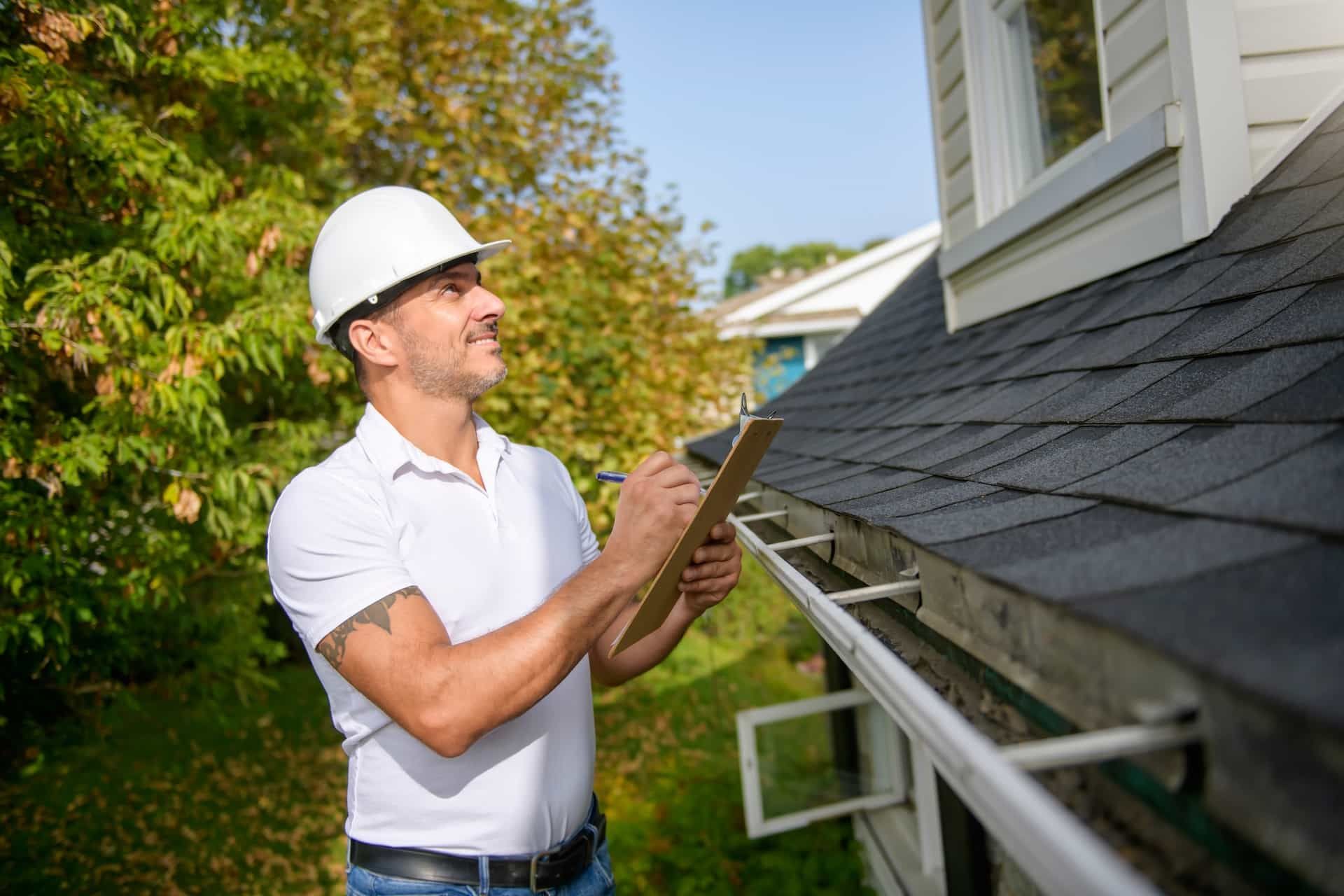How Senate Bill 4D Changed Florida Statute Section 553.899: New Requirements Explained
Senate Bill 4D has significantly changed Florida Statute section 553.899, impacting building safety regulations and inspection procedures throughout the state. Enacted in response to mounting worries regarding integrity and the necessity for maintenance standards, this law introduces new mandates that property owners and inspectors need to be mindful of.
This article will delve into the modifications initiated by Senate Bill 4D, their repercussions for Florida residents, and what actions are required to ensure compliance.
Understanding Florida Statute Section 553.899
Florida Statute Section 553.899 primarily focuses on the security of buildings and structures within the state. It requires inspections, maintenance protocols, and safety measures to guarantee that buildings are secure for occupants and the general public. The statute aims to avert failures and ensure all buildings adhere to safety guidelines.
Fundamental Changes Enforced by Senate Bill 4D
Senate Bill 4D has substantially overhauled Florida Statute section 553.899 by introducing requirements emphasizing inspections and heightened responsibility for building owners and inspectors.
1. Compulsory Structural Inspections
One of the significant changes brought about by Senate Bill 4D is the mandate for compulsory structural inspections of buildings that surpass a certain age and height threshold. Previously, inspections were conducted voluntarily or prompted by specific issues. Now, routine structural inspections are obligatory for buildings that meet specified criteria.
Inspection Frequency and Standards:
- Inspecting residential, commercial, or mixed-use properties every decade is mandatory for buildings that have been used for over 30 years.
- Any building exceeding three stories must adhere to the updated inspection guidelines, irrespective of age.
2. Detailed Inspection Reports
As per Senate Bill 4D, inspection reports must be thorough and detailed, outlining the condition of elements. These reports should cover:
- Evaluation of Structural Soundness: An assessment of structural elements such as foundations, load-bearing walls, and roof structures.
- Identification of Issues: In-depth documentation highlighting deficiencies or potential risks.
- Repair Recommendations: suggestions for required repairs or maintenance to rectify identified concerns.
3. Immediate Repair Obligations
Suppose significant structural problems are discovered during an inspection. In that case, Senate Bill 4D mandates the initiation of repairs to safeguard the building and its occupants. This marks a shift from regulations that often allow delays in addressing identified issues.
4. Enhanced Inspector Accountability
Senate Bill 4D imposes responsibility on building inspectors. Inspectors are now required to meet the following criteria;
- Licensing and Certification: Inspectors in Florida must hold licenses and certifications to ensure that only qualified professionals conduct these crucial inspections.
- Reporting: Inspectors must provide documentation of their findings and recommendations, which must be shared with the building owner and relevant state authorities.
- Monitoring Repairs: Inspectors must also oversee recommended repairs to confirm their completion and guarantee the safety of the building for occupancy.
5. Penalties for Non-Compliance
Furthermore, Senate Bill 4D imposes penalties for non-compliance with the regulations, including fines for failing to conduct inspections or promptly addressing structural issues and legal actions by the state against non-compliant property owners.
Implications for Property Owners in Florida
The implementation of Senate Bill 4D will affect property owners in Florida, such as:
1. Increased Maintenance Costs
Higher maintenance expenses due to the requirements for regular inspections and immediate repairs. Budgeting for these expenses is crucial to ensure your building meets the regulations.
2. Improved Building Safety
While adhering to the requirements might increase expenses, they also greatly enhance building safety. Regular inspections and timely repairs help prevent issues. Ensure that buildings are safe for occupants and the general public.
3. Enhanced Property Value
Keeping up with the regulations can also boost the value of your property. Maintained buildings that meet safety standards appeal more to buyers and renters, potentially resulting in higher property values and rental rates.
4. Increased Accountability
Property owners are now held accountable regarding their building's safety. This means proactively scheduling inspections and promptly addressing any identified issues to avoid penalties and maintain property safety.
How to Ensure Compliance with Senate Bill 4D?
Compliance with the requirements outlined in Senate Bill 4D is crucial for Florida property owners. Here are some steps you can take to ensure you meet all regulations:
1. Schedule Regular Inspections
Plan inspections for your building as per the new guidelines. This involves scheduling inspections every ten years for buildings over 30 years old that are taller than three stories.
2. Work with Licensed Inspectors
Make sure to collaborate with certified inspectors for your inspections. This will guarantee that qualified professionals handle the inspections and that your inspection reports align with state regulations.
3. Address Identified Issues Promptly
If any structural issues or deficiencies are identified in your inspection report, make it a priority to address them promptly. Take action to fix these problems to ensure the safety of your building and comply with the updated regulations.
4. Maintain Detailed Records
Maintaining records of all inspections, repairs, and maintenance tasks is essential. Keeping documentation can be crucial in demonstrating compliance with the regulations or dealing with any legal issues related to building safety.
5. Stay Informed About Regulations
Stay updated on any changes in building safety regulations in Florida. The regulations may undergo modifications, so staying informed will help you stay compliant and maintain an environment for occupants and the public.
Conclusion
Senate Bill 4D has changed Florida Statute section 553.899, underscoring the importance of structural inspections and increased responsibility for property owners and inspectors. By familiarizing yourself with the requirements and proactively ensuring compliance, you can safeguard your building's safety and avoid penalties for noncompliance.
To learn more about the regulations and book an inspection for your property, check out Certified Inspectors. Our team of certified inspectors, Boca Raton FL is available to assist you in fulfilling the criteria and guaranteeing that your property adheres to the most up-to-date regulations.
Disclaimer: The information on this website and blog is for general informational purposes only and is not professional advice. We make no guarantees of accuracy or completeness. We disclaim all liability for errors, omissions, or reliance on this content. Always consult a qualified professional for specific guidance.
Share the post:






